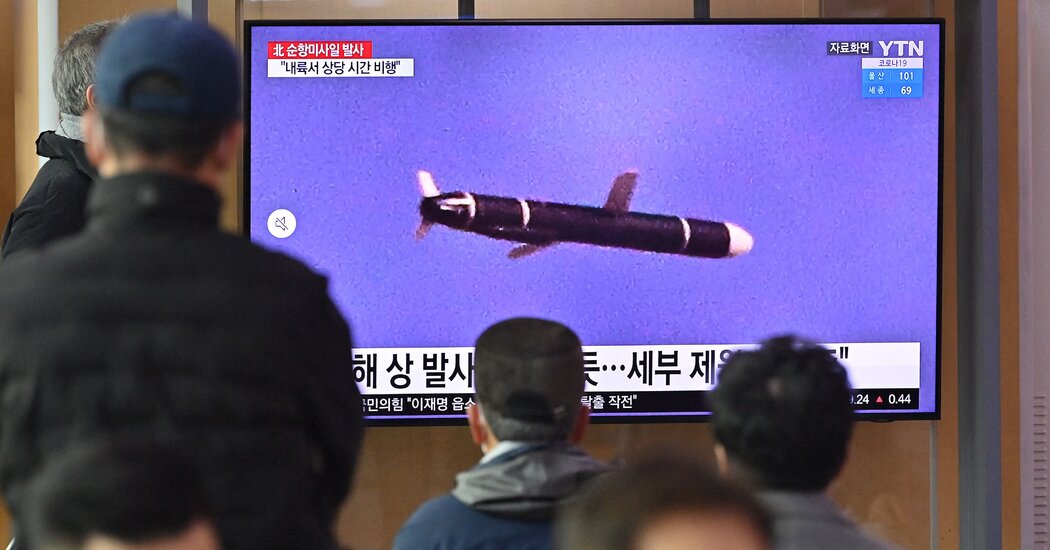

In the first two tests this month, Pyongyang launched short-range ballistic missiles with what it called “hypersonic” gliding vehicles, detachable warheads that are harder to intercept because they can change course in mid-flight.
Siegfried Hecker, a nuclear scientist at Stanford University who has visited North Korea, estimated the country very likely has enough nuclear material for about 45 warheads, an increase of about 20 since the end of the Obama administration. He also gave an upper-end number of 60.
After a Jan. 19 Politburo meeting of the ruling Workers’ Party of Korea, the North Korean news agency reported Mr. Kim had ordered officials to “promptly examine the issue of restarting all activities that had been temporarily suspended,” a reference to possibly ending a moratorium on the testing of nuclear devices and intercontinental ballistic missiles that Mr. Kim had imposed since his historic summits with Mr. Trump.
Moon Chung-in, chairman of the Sejong Institute in Seoul and a former adviser to President Moon Jae-in (no relation) of South Korea, said that if the Biden administration takes the standard sanctions-as-deterrence route, “such cautious, reactive and inertia-driven moves will not be able to prevent Pyongyang’s assertive behavior, and the Korean Peninsula will be swept into the vortex of provocation, countermeasures and escalation.”
Mr. Moon said Mr. Biden needed to announce that he was personally ready to engage with North Korea, as Mr. Trump did, and be willing to put everything on the negotiation table, including relaxation of sanctions and a suspension of military exercises between the United States and South Korea. The South Korean government has also pushed the United States to try “vaccine diplomacy.”
The Biden administration concluded a policy review of North Korea last year. It has rejected the overt pro-engagement actions favored by Seoul and that Mr. Trump eventually embraced, while avoiding Mr. Trump’s early threats of “fire and fury.”
Ned Price, the State Department spokesman, said Tuesday that “dialogue and diplomacy is the most effective means to help us reach that overarching goal, and that’s the complete denuclearization of the Korean Peninsula.” He has also said the United States is ready to talk to North Korea “without preconditions.”
